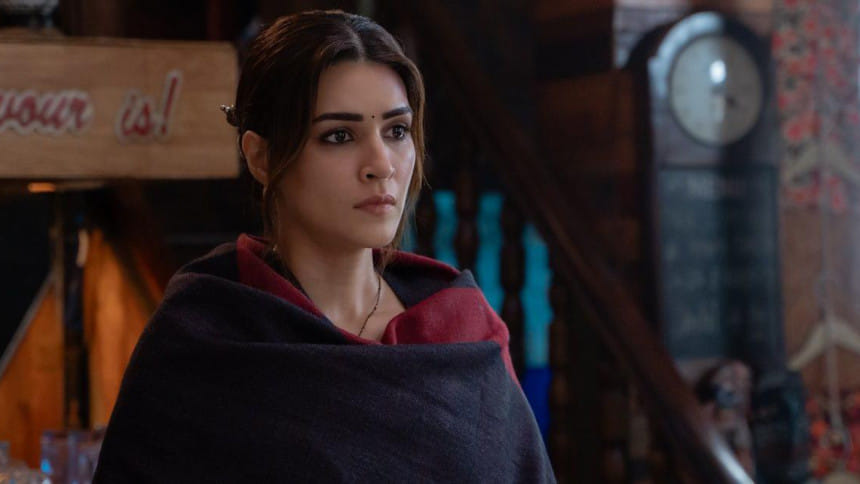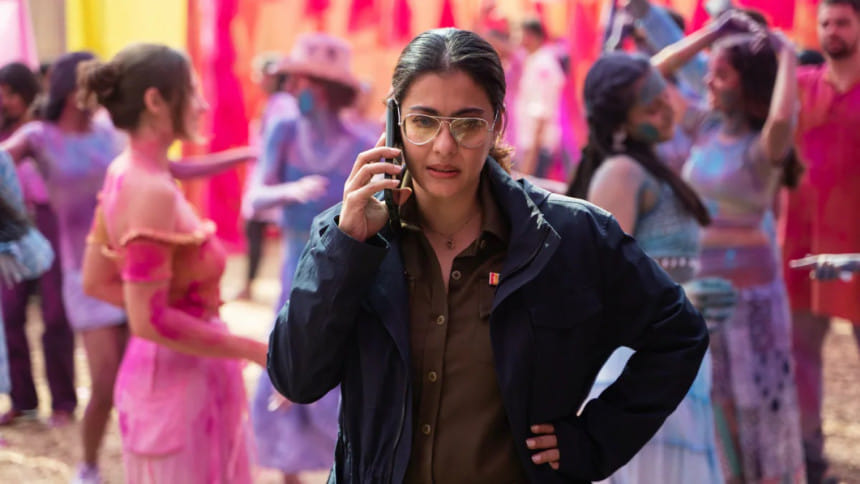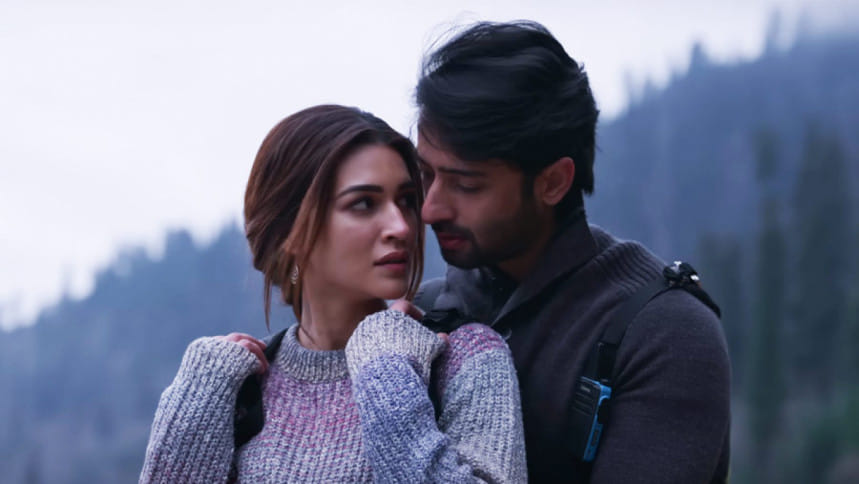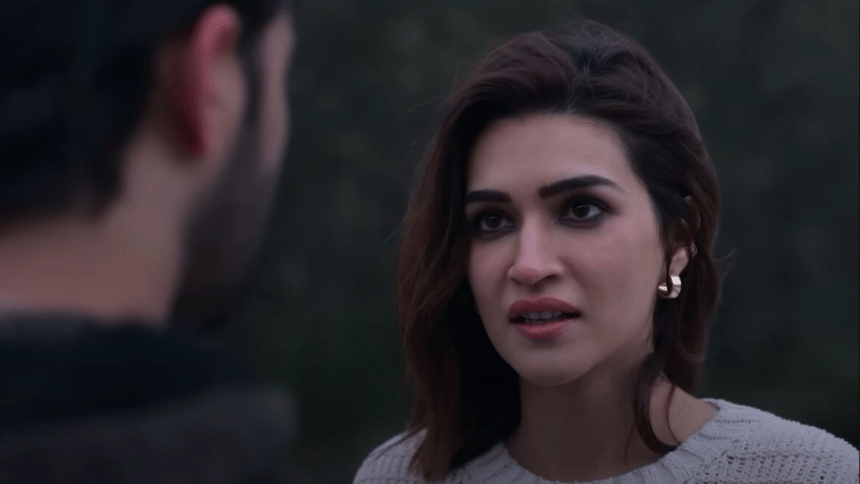‘Do Patti’: Of sibling rivalry, domestic strife, and missed opportunities
Set in the fictional hill station of Devipur, the Shashanka Chaturvedi directorial “Do Patti” tells the story of twin sisters Saumya and Shailee (featuring Kriti Sanon), whose strained relationship is compounded by a shared connection to Dhruv Sood (played by Shaheer Sheikh), a wealthy businessman with a violent streak. Saumya, the more docile sister, becomes Dhruv’s wife and soon faces the horrors of domestic violence, while Shailee, the flamboyant and rebellious twin, harbours a deep jealousy toward her sister.
Their lives are further entangled when Inspector Vidya Jyoti (played by Kajol), a no-nonsense cop who is also a lawyer, steps in to investigate the disturbing dynamics at play. The film unravels as both a crime thriller and a domestic drama, taking the audience through twists and turns while exploring the toxic impacts of patriarchy and unresolved sibling trauma.

“Do Patti” attempts to serve as both a cautionary tale against domestic abuse and an Agatha Christie-style mystery, but the blend of these elements does not always work here. The film’s tone oscillates between suspenseful drama and a social message, which can feel uneven and at times, forced. The subject matter is undeniably important, as the story sheds light on the plight of women trapped in abusive relationships and the societal pressures that keep them silent. However, the film’s approach can feel heavy-handed, leaning into melodrama rather than allowing the story’s gravity to emerge organically. It falls into the trap of over-explaining and loses the nuanced storytelling that might have lent it more impact.
Kanika Dhillon, who co-produced the film with Kriti Sanon and also penned the screenplay, has crafted some sharp dialogue that highlights the psychological complexities of the characters. However, the screenplay itself lacks a consistent rhythm, with a first half that is engaging and builds tension, only to slow down and become predictable in the latter part of the film. This inconsistency detracts from the film’s ability to fully immerse the viewer in its message.

Kriti Sanon’s performance as both Saumya and Shailee is central to the film, and she handles the challenge of playing two contrasting characters with commendable effort. As Saumya, she embodies the quiet suffering of a woman oppressed by an abusive husband, while her portrayal of Shailee is bold and unapologetic. Kajol’s portrayal of Inspector Vidya Jyoti is another highlight. Playing a tough cop who values justice above all else, she brings a spirited determination to her role, lending the character an inherent authority. Her performance, while energetic, is constrained by uneven writing, which prevents her from fully inhabiting her character.
Shaheer Sheikh, cast against his usual romantic roles, plays Dhruv with a menacing edge. His portrayal of an entitled, rage-filled husband is chilling, and Sheikh’s ability to convey both charm and cruelty makes his character compelling to watch. He provides a standout performance, demonstrating a range that adds depth to Dhruv’s otherwise straightforward antagonist role. Unfortunately, Tanvi Azmi and Brijendra Kala, despite their strong screen presence, are relegated to smaller, more one-dimensional roles that do not fully utilise their talents.

Mart Ratassepp’s cinematography captures the misty beauty of Devipur, framing the hill station as both picturesque and haunting to mirror the unsettling atmosphere of the story. However, while the visuals are engaging, Chaturvedi’s direction falls short of maintaining narrative coherence. The film begins strong, setting up an intriguing mystery, but the tension dissipates as the plot progresses. The courtroom scenes in the final act, which should have intensified the drama, are perfunctory and rushed. The legal aspects of the story are underdeveloped, with key moments resolved too easily and courtroom dialogue lacking the intensity needed for a climactic finish. The missed opportunity here is evident, as the film could have drawn the viewer deeper into the sisters’ plight through a more deliberate, high-stakes buildup.

Ultimately, “Do Patti” delivers a powerful message on domestic abuse, resonating with the ongoing need for awareness and action against such injustices. The story does not trivialize its subject and is praiseworthy for not shying away from the harsh realities of abuse. The narrative attempts to address why victims often remain silent, portraying Saumya’s struggle in a manner that encourages empathy. However, the film’s emphasis on delivering its message sometimes overshadows the plot, turning it into a “message-first” narrative that feels didactic rather than natural. “Do Patti” might thematically draw comparisons to films like “Darlings” or “Thappad”, but it lacks the subtlety and layered character exploration that made those films actually impactful.
LondonGBDESK//



Comments are closed.